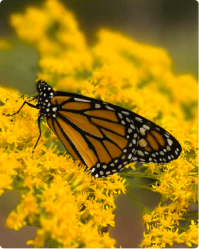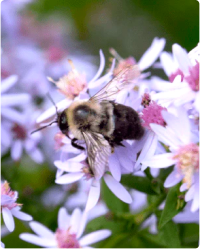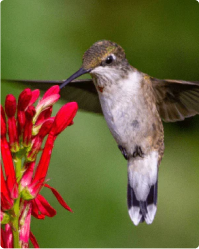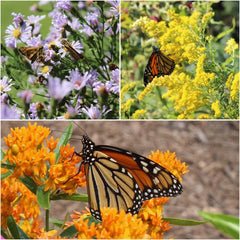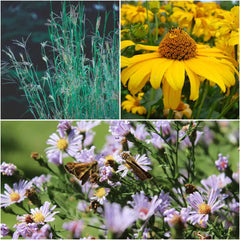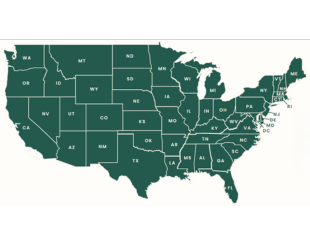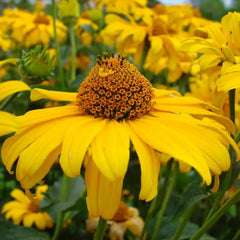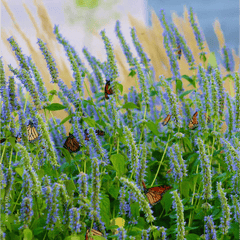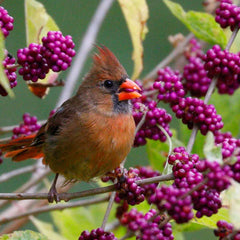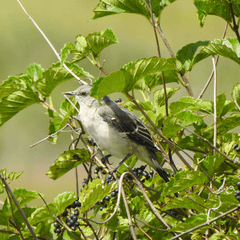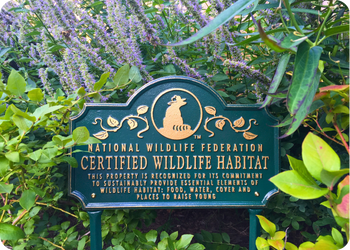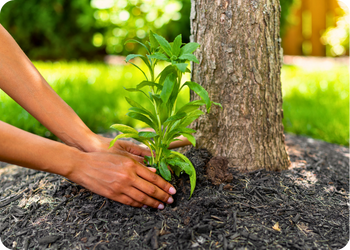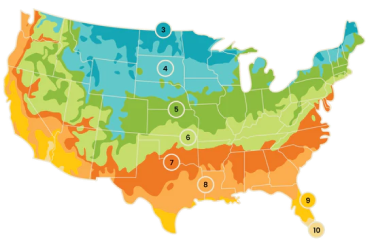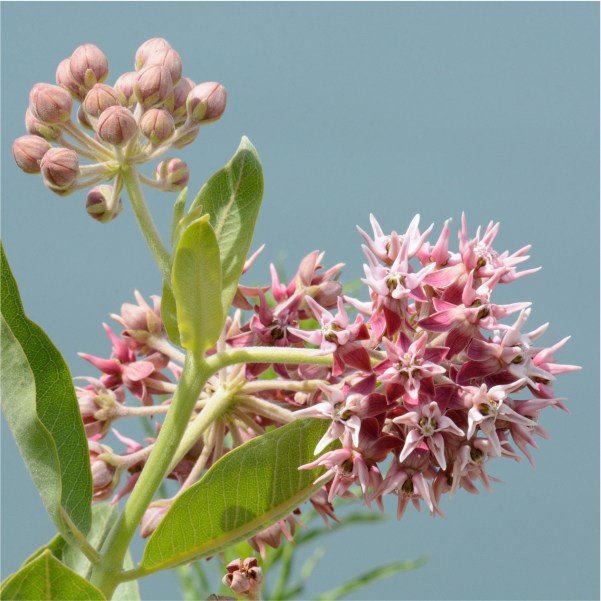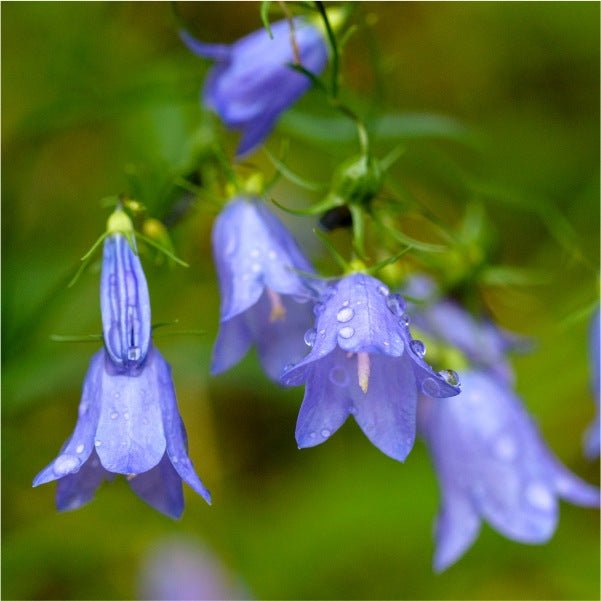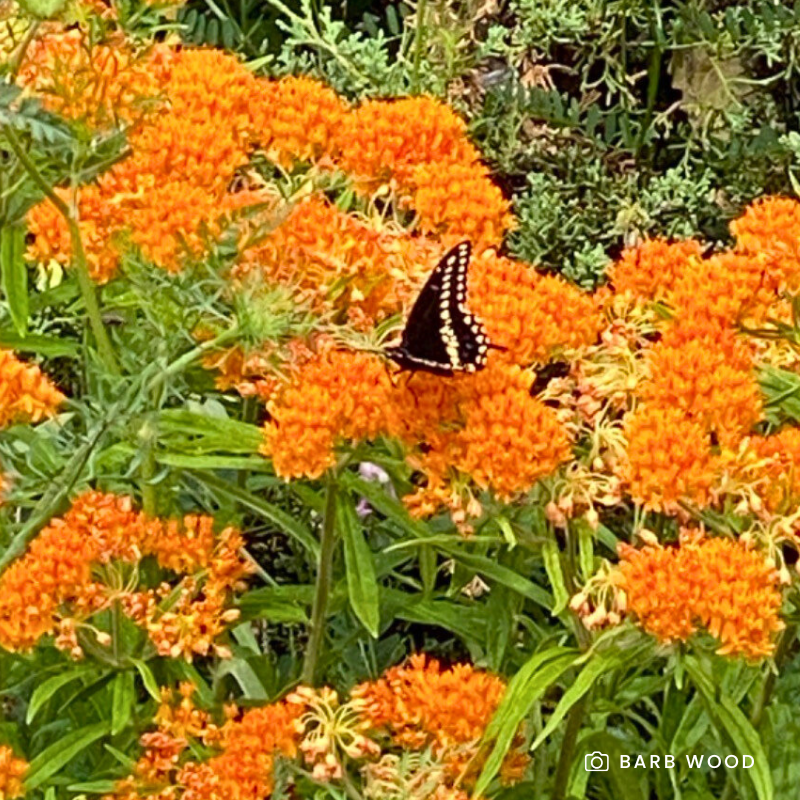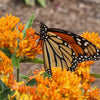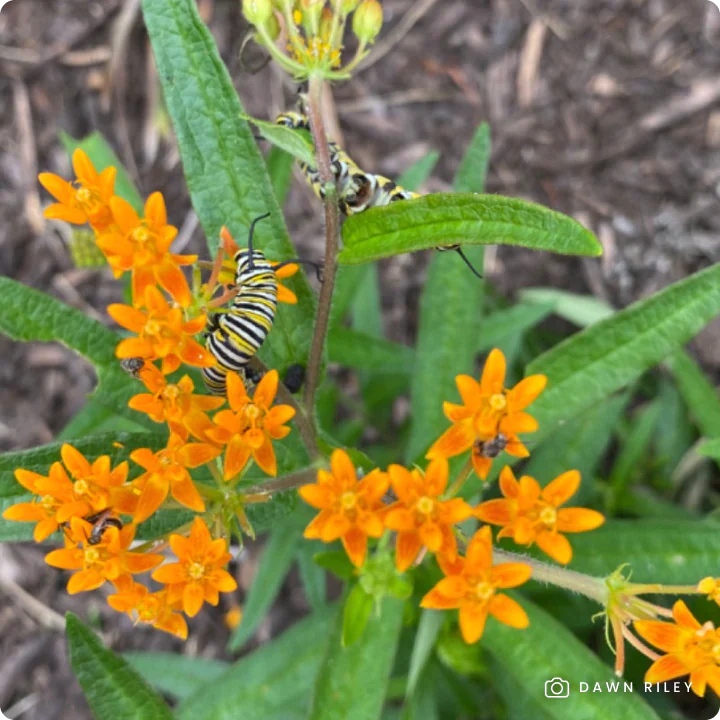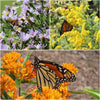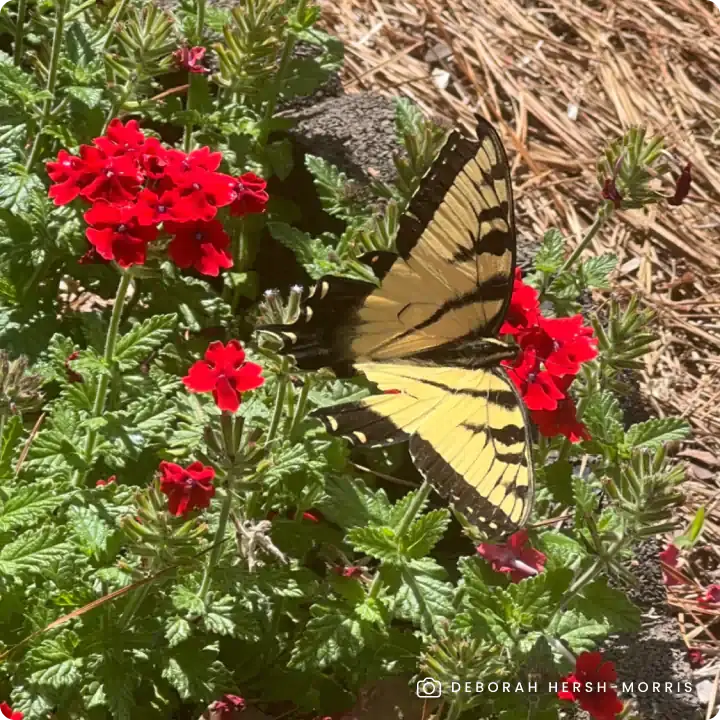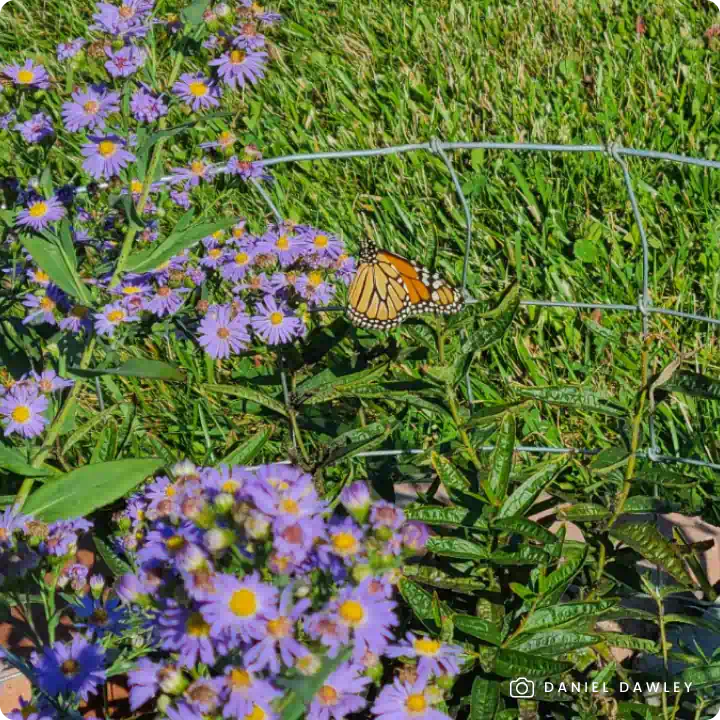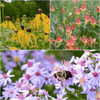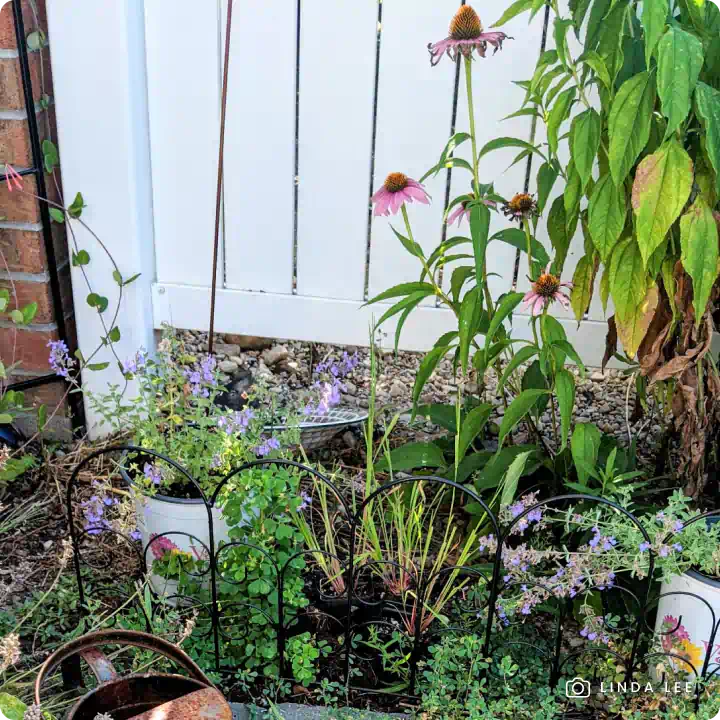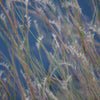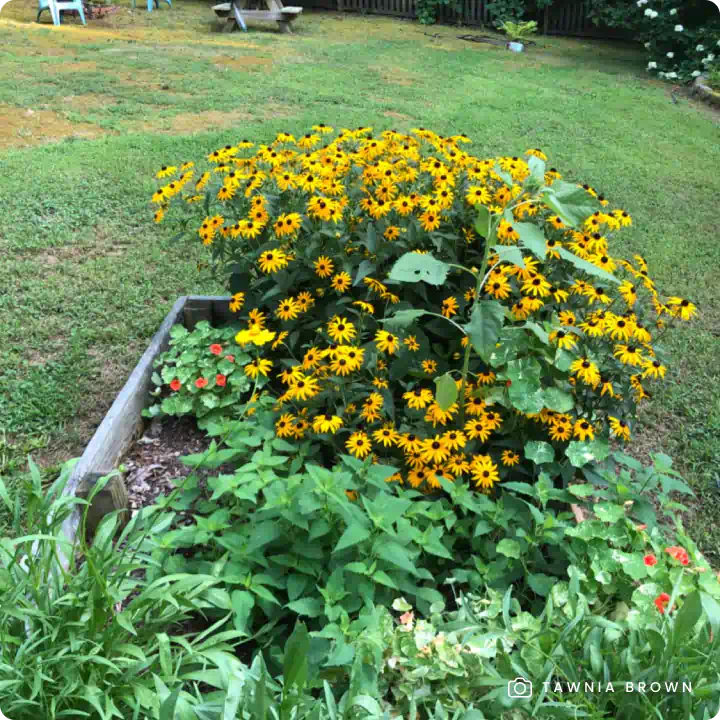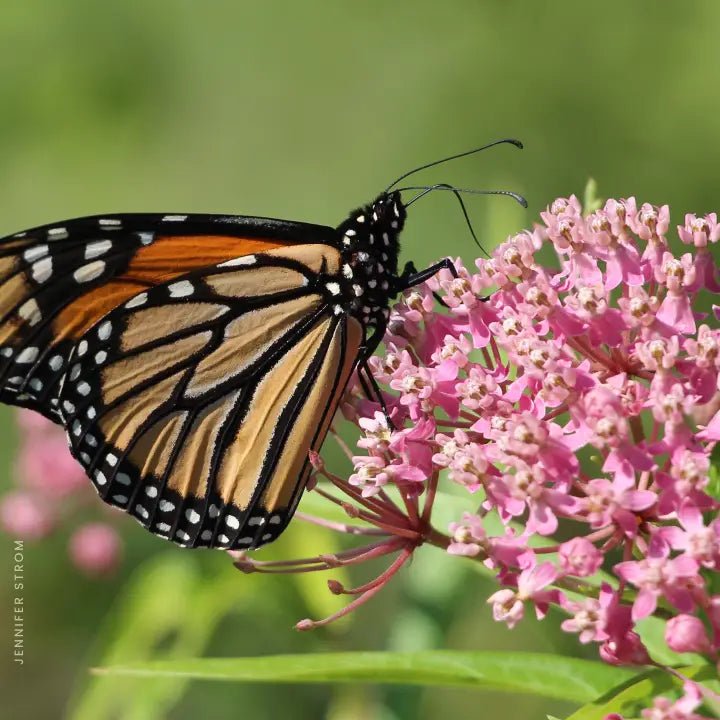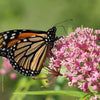Create a thriving habitat for butterflies, bees, and hummingbirds with the Western Pollinator Pantry collection—a carefully curated selection of three native perennials that provide nectar, pollen, and habitat for pollinators throughout the seasons. Designed to thrive in dry, open landscapes, this collection supports a variety of wildlife while adding color, texture, and movement to your garden.
What’s Included?
- Showy Milkweed (Asclepias speciosa): A must-have host plant for monarch caterpillars, featuring fragrant, pink star-shaped blooms that provide nectar for butterflies, hummingbirds, and bees.
- Idaho Fescue (Festuca idahoensis): A cool-season bunchgrass that offers seeds for songbirds and nesting material for ground-nesting pollinators, while adding fine texture to meadows and wildflower plantings.
- Harebell (Campanula rotundifolia): A delicate yet resilient perennial with charming blue-violet, bell-shaped flowers, offering a long-lasting nectar source for bees, butterflies, and hummingbirds.
Why Choose the Western Pollinator Pantry Collection?
- Supports a Wide Range of Pollinators: Provides nectar, pollen, and habitat for butterflies, native bees, and hummingbirds.
- Monarch Conservation: Includes showy milkweed, an essential host plant for monarch caterpillars.
- Long-Lasting Blooms: Ensures a continuous food source from spring through late summer.
- Drought-Tolerant & Resilient: Thrives in dry, sandy, and well-drained soils with minimal watering once established.
- Deer Resistant: Naturally unappealing to deer, ensuring long-lasting blooms and seed production.
- Pollinator-Safe: Grown non-GMO and free of harmful neonicotinoids, promoting a healthy ecosystem for pollinators and wildlife.
Available in collections of nine, 18, or 27 plants to create a biodiverse, pollinator-friendly landscape.
Planting Tips:
- Location: Choose a location with well-drained soil that receives direct sunlight for the majority of the day.
- Watering: Water regularly during the first growing season to establish roots. Once established, these plants require less water.
- Maintenance: Minimal care required. There's no need to deadhead the flowers, as allowing them to go to seed provides a valuable food source for birds. Leaving the stems standing in the fall offers overwintering sites for beneficial insects. If desired, cut back the stems in late spring after pollinators have emerged.
For more information on planting, view our How to Plant Your Native Plants guide and other planting tips in the Garden for Wildlife Learning Center.
Plant the Western Pollinator Pantry Collection and provide essential food and habitat for the pollinators that sustain our ecosystems, all while enhancing your garden with natural beauty and resilience!
